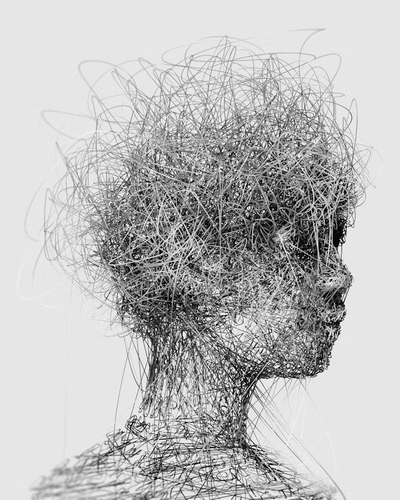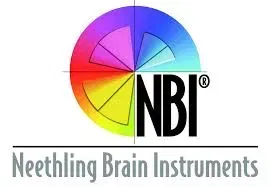About NBI
- Helping you understand -

Why do we think, communicate and behave the way we do?
What explanations exist for differences between family members, between siblings, even twins?
We talk about IQ and memory, and discuss creativity and its relevance in an ever-changing world.
Years of research by internationally acclaimed South African, Dr Kobus Neethling, has culminated in the development of the NBI system of thinking preference assessments.These assessments provide crucial insights into an individual's preference towards left-brain thinking, right-brain thinking and the various combinations there of.
Disclaimer: By no means does the NBI system imply that a person uses only one part of his/her brain - that's just not possible! We always use all of our brain to think!
What the NBI system does evaluate, is the natural preferences or dominances of our thinking.
Let’s simplify this - if you are right handed, you use your right hand more often than your left hand. That does not mean that you do not have a left hand, that you do not need a left hand or that you never use your left hand. It simply means that there is a comfort and familiarity in using your right hand, a natural “go to”, when doing things.
NBI assessments allow us to evaluate your thinking “go to”.
Here is a real life example:
Let's imagine two scenario's with a visual, big picture, future-thinker:
1) When this person has to choose a career and happens to land in a position that requires of him to keep meticulous records of stock day after day, he will, at the very least, be bored, drained, frustrated and unfulfilled. This person may be able to do the job well but it will provide no satisfaction and will be difficult to sustain.
2) Let's imagine the above described thinker as a child who needs to study history. He is asked to sit at a desk and make a bullet point summary for 90 minutes at a time. The child will most likely not memorise the information optimally, as it is not aligned with his natural thinking preference. This will inevitability influence the child's marks (and his self-esteem and self beliefs) directly.
If we desire to achieve in our individual and unique roles in life, have less stressful relationships, have a satisfying career etc., we must make the effort to understand these preferences.
Parents should endeavour to discover the brain profiles of their children and help them to apply this information to studying, subject choices and career choices.
Employers need this information to correctly identify the right employee for a specific position or promotion. Teachers need to know and understand brain profiles, to teach in a manner that all the children in their class can hear and understand the subject matter.
The areas where this information can be applied, are innumerable!



